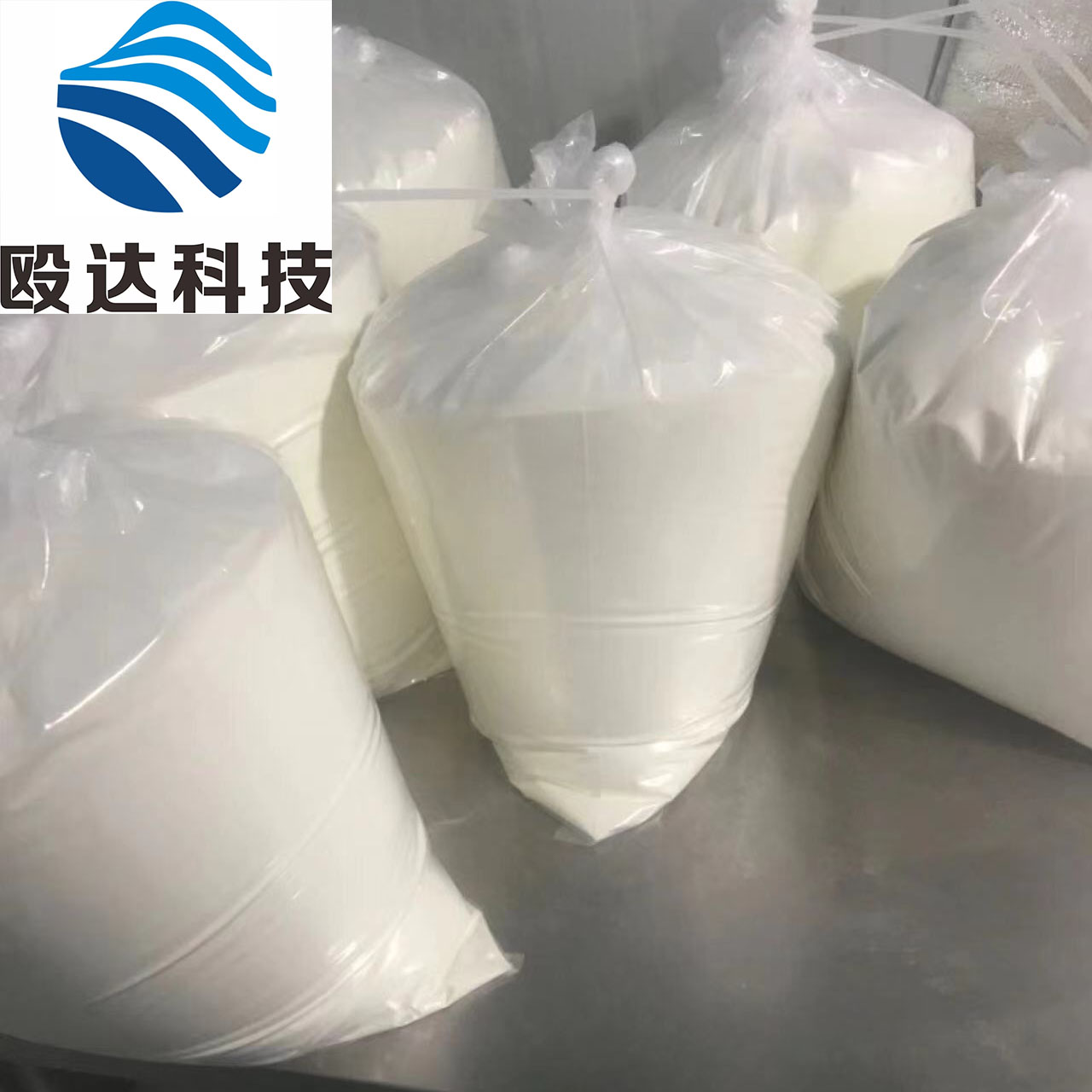Find nanoantibodies that can effectively mediat and new coronavirus
-
Last Update: 2021-03-01
-
Source: Internet
-
Author: User
Search more information of high quality chemicals, good prices and reliable suppliers, visit
www.echemi.com
researchers at Sweden's Karolinska Institute have identified a small, medium-sized antibody, Ty1, that blocks new coronavirus from entering human cells, Physicists. The researchers believe the nanoantibodies could be used to develop drugs that target new coronavirus. The findings were published recently in the journal Nature Communications.The nanoantibodies identified this time are fragments of antibodies that are naturally present in camels and adaptable to the human body. In February, Swedish scientists injected the new coronavirus prickly protein, which played a key role in the entry of the new coronavirus into human cells, and 60 days later, blood samples from the alpaca showed a strong immune response to the prickly protein.The researchers then cloned and analyzed nanoantibodies sequences from alpaca B cells, a type of white blood cell, to select the nanoantibodies best suited for further evaluation. Eventually, they identified the nanoantibody Ty1, named after the alpaca Tyson. The study found that Ty1 was attached to a hedgehog protein that binds to an angiotensin-converting enzyme 2 (ACE2) subject, effectively mediating the virus. This suggests that Ty1 nanoantibodies prevent viruses from entering the cells and therefore prevent infection.ACE2 is a protein that infects human cells with a new coronavirus. For viruses, the human cell's subject ACE2 is the equivalent of a "doorknob" with which the virus's prickly protein binds, opening the door to human cells."We found with a cryogenic electron microscope that Ty1 nanoantibodies attached to the toxic prickly protein, whose bits re-match the cell-like ACE2 binding points, allowing us to understand structurally why Ty1 is so powerfully mesoactive," the researchers said. Thethat nanoantibodies have several advantages over common antibodies and can be used as candidates for specific therapies. First, they are less than one-tenth the size of conventional antibodies; second, they are easier to mass produce and cost-effective; and more importantly, they have previously been used in humans to suppress viral respiratory infections.The researchers say Ty1 effectively binds to the new coronavirus's prickly protein and has not detected off-target activity. They are now working on preclinical animal studies to determine the mesozoic activity and therapeutic potential of Ty1 in the body. (Science and Technology Daily)
This article is an English version of an article which is originally in the Chinese language on echemi.com and is provided for information purposes only.
This website makes no representation or warranty of any kind, either expressed or implied, as to the accuracy, completeness ownership or reliability of
the article or any translations thereof. If you have any concerns or complaints relating to the article, please send an email, providing a detailed
description of the concern or complaint, to
service@echemi.com. A staff member will contact you within 5 working days. Once verified, infringing content
will be removed immediately.







